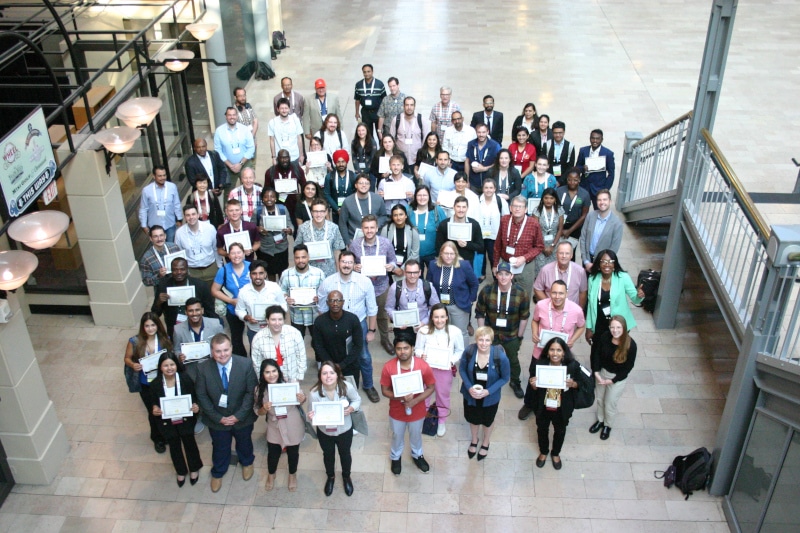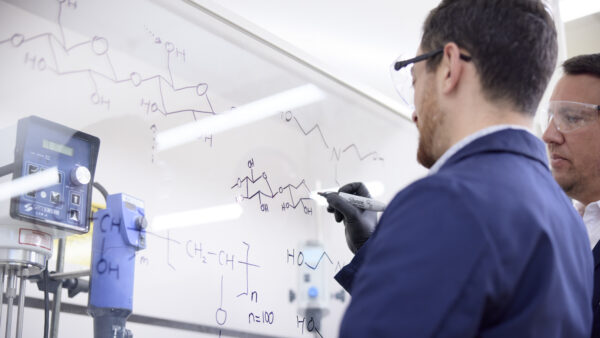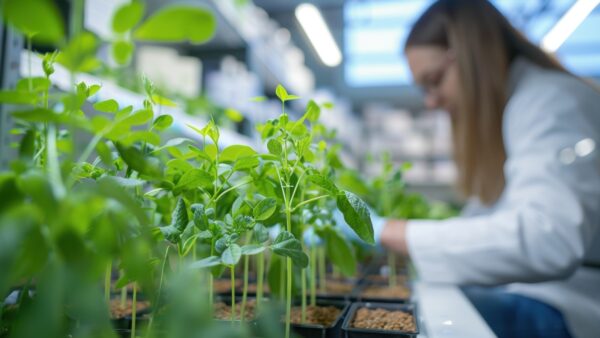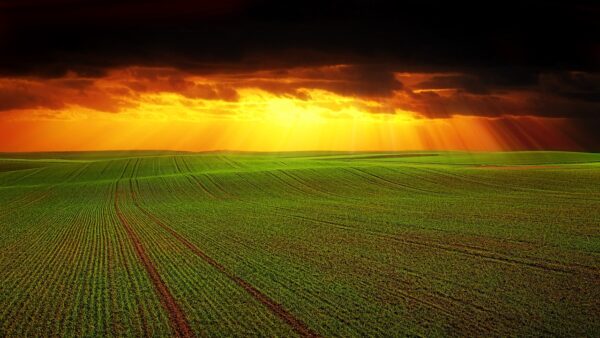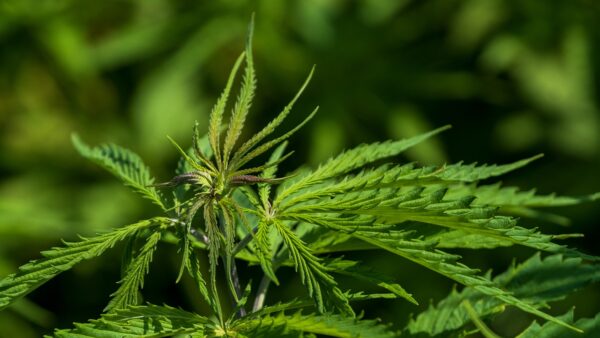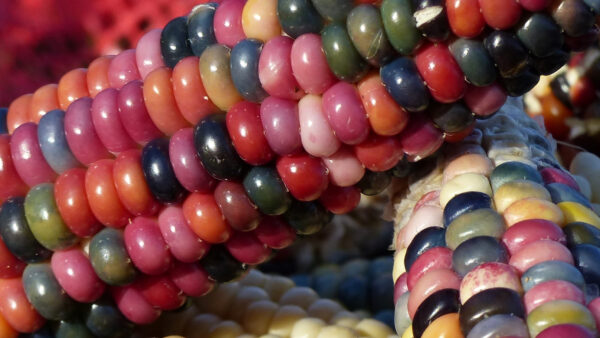
Robin Groose is a retired associate professor of agroecology and plant breeding at the University of Wyoming. He’s also incoming chair of the National Association of Plant Breeders (NAPB) Advocacy Committee, which works to identify issues and topics for the NAPB to promote. He sat down to discuss his vision for the committee and how the NAPB can play a role in making a better world for future generations.
“Over the years, I’ve seen participation of women in science grow. Half of the smartest people, if not more than half of the smartest people on the face of this planet have two X chromosomes. We need all hands on deck in dealing with our world’s challenges, and making a better world,” he says.
Groose has worked with legume crops his entire career. At first he studied transposable elements (“jumping genes”) and later studied quantitative genetics of autotetraploid plants to elucidate the basis for severe inbreeding depression (genetic load) and “progressive heterosis” in tetrasomic polyploids.
More recently, he focused on applied breeding of alfalfa, annual medic, and winter feed peas. Feed peas have the potential to integrate cereal and livestock production for more economically profitable and environmentally sustainable dryland agriculture on the Central Great Plains. Peas were bred for Wyoming adaptation and dual use, i.e., for both forage and grain. He now lives in Arizona.
“I’ve worked in legumes all my life. We had 30 good years in Wyoming before we fell in love with Tucson. There’s three generations of us here as of four years ago. I have a couple of grandsons here, and I have been following what goes on within NAPB for awhile. I was around at the beginning, when it was a regional project through USDA and I was Wyoming representative.”
For Groose, the challenge of climate change is top-of-mind as he begins helming the advocacy committee.
“I’m a grandpa, and what kind of world are we we leaving our kids? I think about that a lot. So that’s part of my motivation. Food security is a big driver of mine as well. Growing up in Wisconsin, there was a dairy farm near where I was born. I have an affinity with producers, farmers, ranchers, rural communities, and the broader infrastructure that supports them, which includes the seed industry.”


